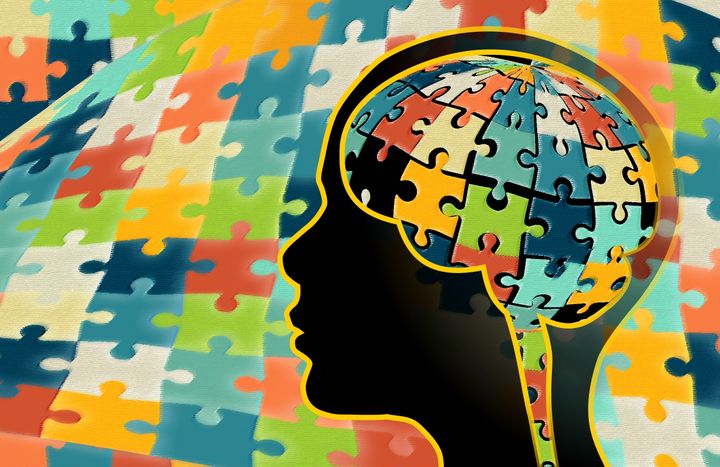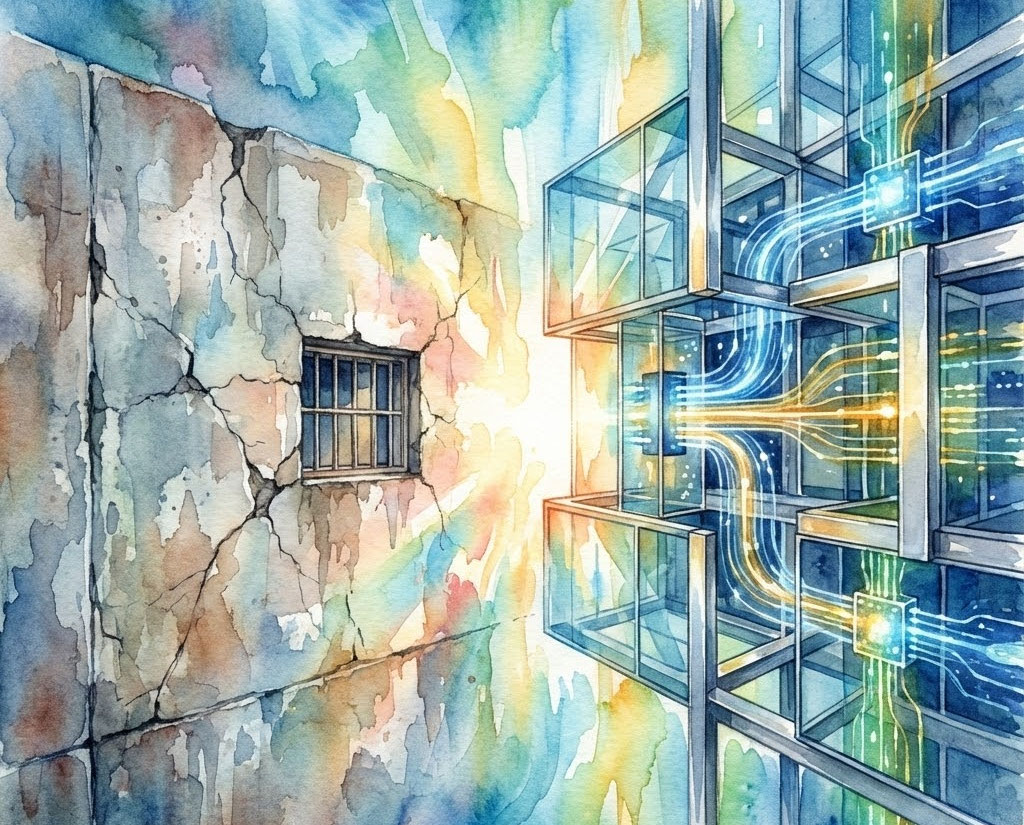
Autism spectrum disorder (ASD) refers to a group of complicated brain disorders, which tend to cause cognitive impairment, repetitive behavior, and difficulties in social interactions. Diagnoses of ASD have been rising rapidly in recent years, and the current estimate is that 1 in 68 children in the U.S. are affected by autism in some way. This makes autism one of the fastest-growing developmental disorders today.
Autism has long been considered something of a mystery, caused by largely unknown factors and difficult to diagnose because it's often accompanied by other medical conditions. People with autism benefit from therapies and interventions throughout their whole lives, but early diagnosis generally gives the best outlook.
This is one of the reasons it's important to understand more about the causes of ASD and the situations where it appears, and researchers are chipping away at this mystery. One of the main areas of interest is genetics, and genetic testing is already being used to help detect certain syndromes associated with ASD.
Now a recent study has taken genetic testing in a somewhat novel direction, looking at the connections between genetics and autism-related traits in non-autistic people.
The Genetic Basis for Autism
Autism is considered to be range of behaviors and disorders, from mild impairment (like Asperger's Syndrome) to more severe disabilities. But now there's reason to believe that this range doesn't simply stop at those who could be diagnosed with ASD.
A team of researchers has found strong evidence that the genetic risk for autism exists in every one of us, affecting the way we behave and communicate every day. Academics from the University of Bristol, the Broad Institute of Harvard and MIT, and Massachusetts General Hospital collaborated on this study.
Genetic research into ASD has shown that it's usually associated with thousands of small genetic differences, which add up to create the disorder. In some cases autism is also associated with large genetic changes.
This study found that many or all of the genes associated with autism are also influential in determining different traits and behaviors in non-autistic people, particularly regarding social communication. By studying the genetic makeup of typically developing children, the researchers were able to see that many social skills are on a range, much like the autism spectrum refers to a range of behaviors.
It's important to stress that autism is more than a result of your genes, and also involves environmental and developmental factors. While many of our social skills are somewhat associated with these autism-related genes, the researchers also say that we can't simply attribute our comfort in social situations to our genes.
This study has helped prove that research on typically developing children can bring insight into the nature of developmental disorders, not just autism but other disorders as well.
Carol Povey, director of the National Autistic Society Centre for Autism, made a thoughtful point when she commented on the research to The Guardian. "While this research refers to ‘autism-related’ traits in the general population, people should not take away the message that ‘we’re all a little bit autistic,’" she said. "It’s important we empathize with people on the autism spectrum, but it’s vital we understand that autism often brings particular, sometimes acute challenges for those affected."
Autism is a complex disorder that affects people's lives in different ways, ranging from the mild to the severe with many differences in-between. People with autism face many unique challenges that have yet to be solved, and that's why we're hosting the Autism Speaks House to Home Prize to come up with better living solutions. The submission deadline is already over, but you can visit the page for more details and to see what the winners came up with!








